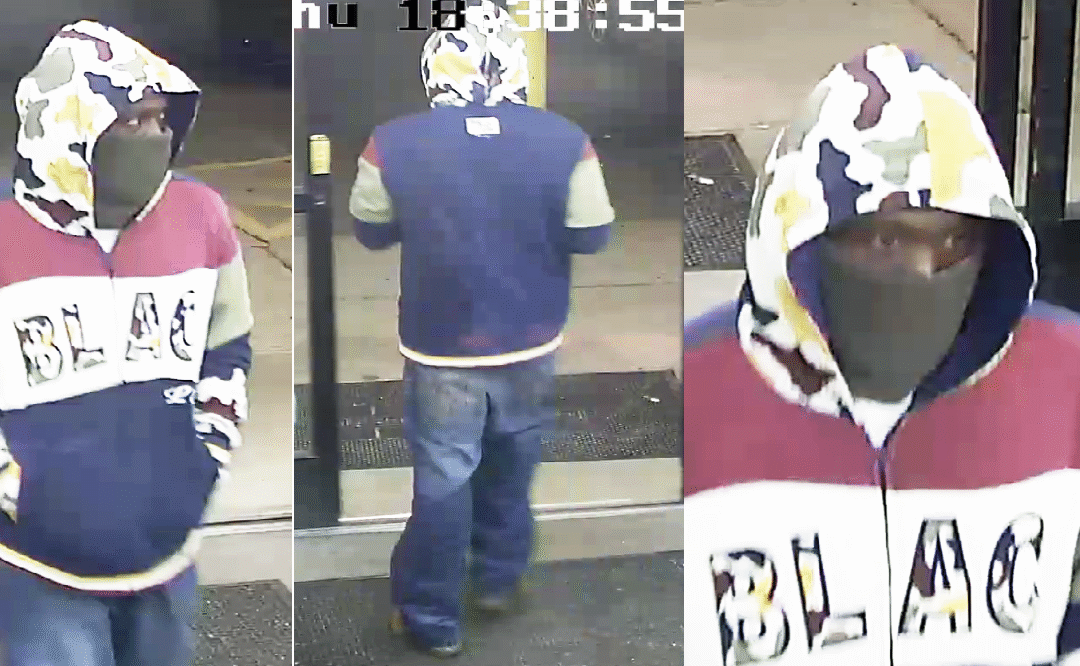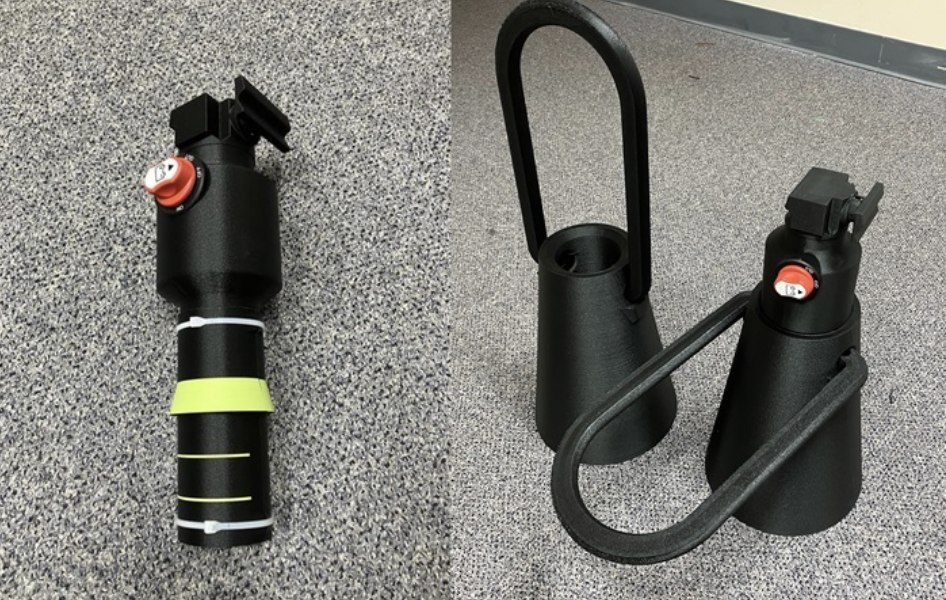Editor’s note: Sandy Hodson’s 14-part series on justice within the Brunswick Judicial District changes focus today to the U.S. Federal District Court for the Southern District of Georgia, the same court that has a satellite office here in Augusta. Hodson looks at civil rights actions brought against prosecutors and law enforcement officers who work in the Brunswick Judicial District and the legal principle of sovereign immunity.
The federal lawsuit filed on behalf of Caroline Small’s children after their mother was shot to death June 18, 2010, wasn’t the only civil action seeking accountability for alleged misconduct in the Brunswick Judicial Circuit.
But like most lawsuits against the government, it was dismissed based on sovereign or qualified immunity. Sovereign immunity is a concept that came down from Europe where royalty could not be held liable for any perceived wrong unless they consented.
Golden Isles Injustice
Part 11
It’s an outrageous concept that leaves people who have been severely injured, even killed, by police and other state actors without any compensation, Yale law professor Stephen Bright said, invented by the Supreme Court, not by Congress and not by the Constitution. And unlike rights that are provided in the Constitution, which have become more narrowly defined through the years, sovereign immunity has expanded.
A former physician indicted and convicted of murder charges in the Dec. 15, 2005, in the overdose death of a young man who lived with him in Camden County filed one of the lawsuits. Dr. Noel Chua alleged in the lawsuit that the attorney appointed to serve as the “receiver” of his assets, valued at $2 million in 2005, treated his money as his piggy bank.
Andrew Ekonomou, the prosecutor in Chua’s case, had a contract with the Brunswick Judicial Circuit to serve as a special prosecutor in certain cases. The judge presiding over Chua’s case, Superior Court Judge Amanda Williams, who resigned in lieu of possible removal from office in 2012, appointed Ekonomou’s law partner to serve as the receiver over Chua’s assets.
Chua filed the lawsuit after his conviction was overturned. A deal offered by the district attorney in effect released him from prison. By then, Chua contended his assets were gone.
In March 2016, the Court of Appeals ruled that a memo prepared for the former district attorney in Chua’s case must be turned over to the defense. The memo – which District Attorney Jackie Johnson, with Ekonomou’s assistance, fought to keep secret as attorney work product – advised the district attorney to exclude Blacks as jurors in Chua’s case. When the appeals court told the prosecutor to produce the memo, Ekonomou offered a plea deal.
Chua’s suit was dismissed based on immunity.
MORE: Golden Isles Injustice: Glynn County investigated one person 2009 in murder of entire family
Another assistant prosecutor, George Barnhill – the son of Waycross District Attorney George Barnhill who would sign off on Glynn County Police Department’s assertion that Ahmaud Arbery’s killing was justified – twice took a kidnapping case against a minister and his wife to a grand jury for indictment in 2018 and 2019. The second time, he instructed the witness what to say to the grand jury. Both indictments were thrown out by the judge who ruled there wasn’t even probable cause to believe Tracy and Candace Smith committed any crime.
The Smiths filed suit in federal court against Barnhill. Their lawsuit was also dismissed by U.S. District Court Judge Lisa Godbey Wood on Feb. 8, 2021. This time, however, Wood didn’t express regret over an avoidable tragedy as she did in Caroline Small’s case. This time she outlined the nearly impossible hurdle for anyone mistreated by prosecutors faced if they sought justice in civil courts.
Prosecutors are protected by absolute immunity in regard to their professional work, Wood wrote. That means they are protected even for “… making false or defamatory statements … eliciting false and defamatory testimony from witnesses …. Filing a baseless detainer, offering perjured testimony, suppressing exculpatory evidence (and) threatening further criminal prosecutions,” Wood quoted from prior court decisions.
“Any malicious intent behind such statements does not strip a prosecutor of absolute protection,” Wood’s opinion reads.
Law enforcement is also covered by immunity. And when they fumble a case, they’re also protected.
In February 2011, a cold case murder arrest – celebrated as outstanding police work – ended in a plea of involuntary manslaughter for a 10-year sentence, most of which James E. Calhouse had already served.
The cold case? The July 1993 murder of 34-year-old Janey Day. She lived with Calhouse who had a history of domestic violence. She was found in a shallow grave near their home three months after she was killed.
In August 2012, John David Clay took a plea negotiation for voluntary manslaughter and was released from jail to serve four years of probation. He had stabbed to death Janice Gayle Swain on March 4, 2007. He had faced a death penalty case until appellate courts ruled evidence had to be suppressed.
In Clay’s case, the Glynn County Police Department officers investigating Swain’s death didn’t bother to get a search warrant to take Clay’s blood-soaked clothing from the hospital where Clay was taken because he was unconscious from alcohol consumption. And because the investigators didn’t wait until he sobered up before questioning him, his statement wasn’t “freely and knowingly given.” It had to be suppressed as evidence, along with the blood covered clothing. Four months after Clay walk out of jail, he stabbed another woman, although this one survived.
A few months after Clay walked out of jail in Swain’s case, Eric Marroquin was acquitted of murder in his mother’s fatal stabbing and the wounding of two others. Glynn County Police Chief Matt Doering was quoted after the trial as saying his officers had done a fine job on the case.
Doering didn’t have a public comment about the Aug. 28, 2016, killing of 21-year-old Amy Dean. She was shot to death at the home where she lived with her boyfriend, the boyfriend the police found at the scene covered in blood. District Attorney Jackie Johnson chose not to prosecute him.
The Glynn County Police Department, including Robert Corey Sasser, walked away from another civil rights suit. This one was filed by Shanesia Jaudon. She refused to give permission to the Glynn County police to search her home for a suspect, which U.S. citizens are allowed to do if officers don’t have a warrant. The officers did get a search warrant eventually, but they also got an arrest warrant for Jaudon for hindering and obstruction for not permitting officers to search her home. The case was dismissed in Glynn County Superior Court.
Sandy Hodson is a staff reporter covering courts for The Augusta Press. Reach her at sandy@theaugustapress.com.








